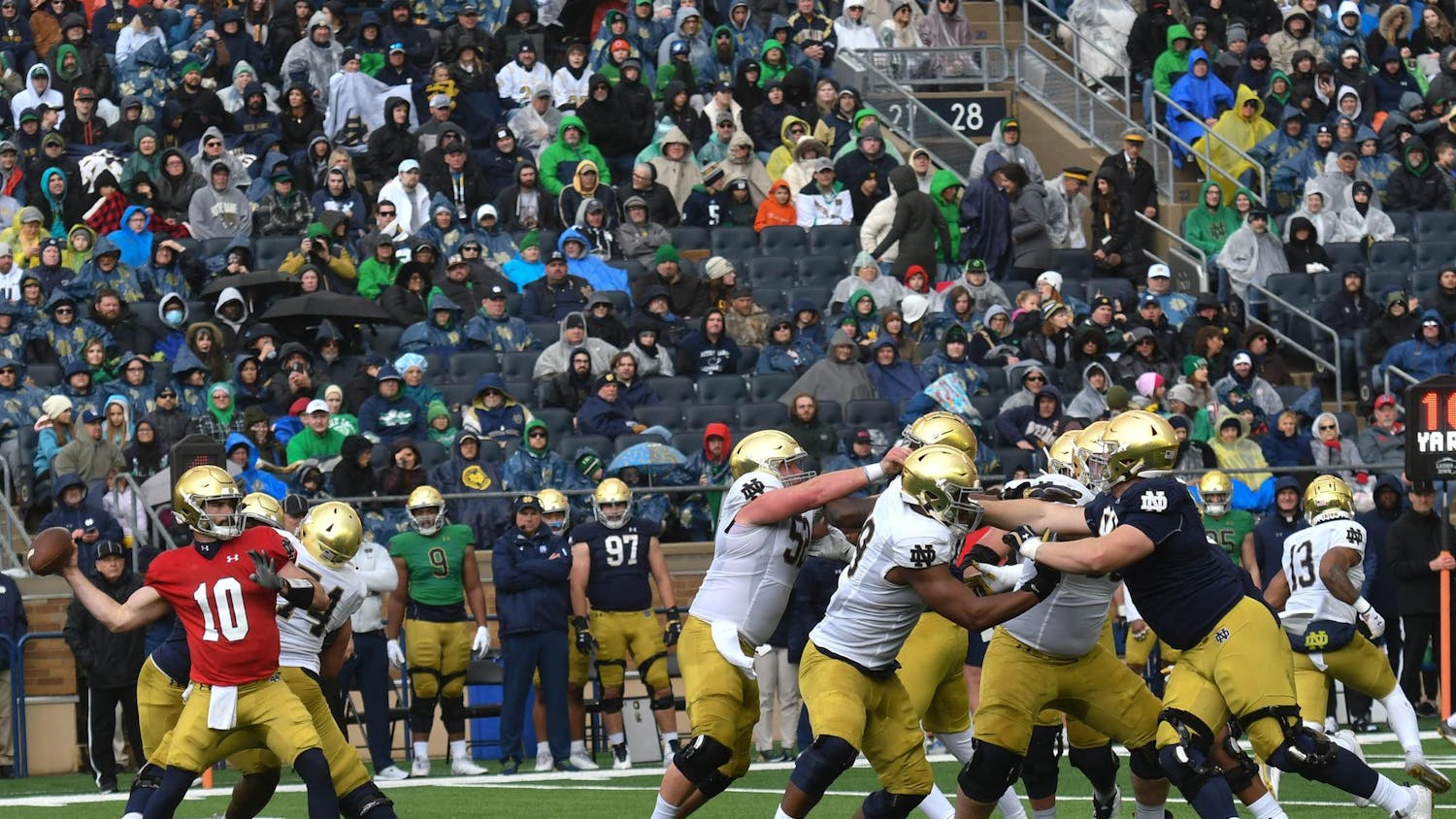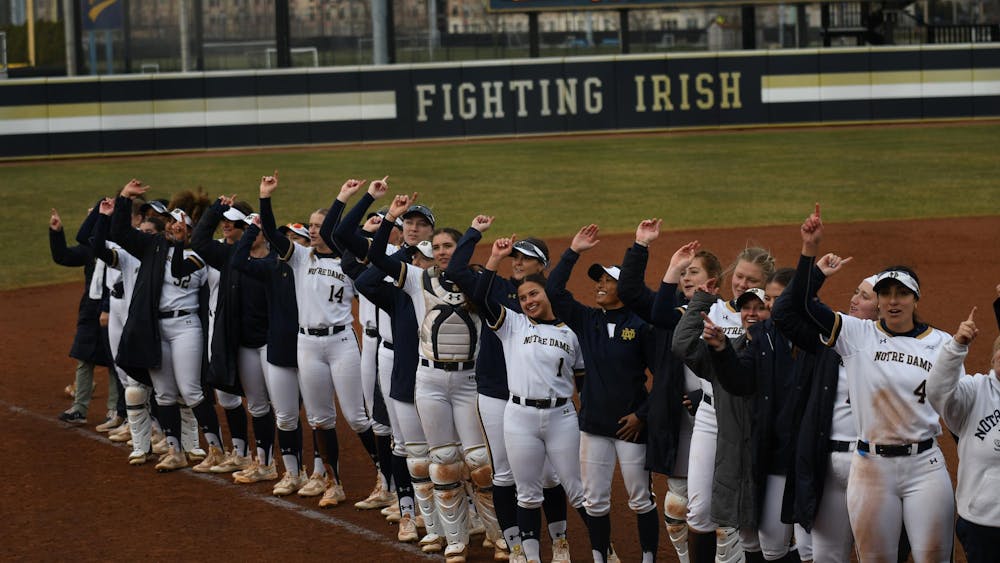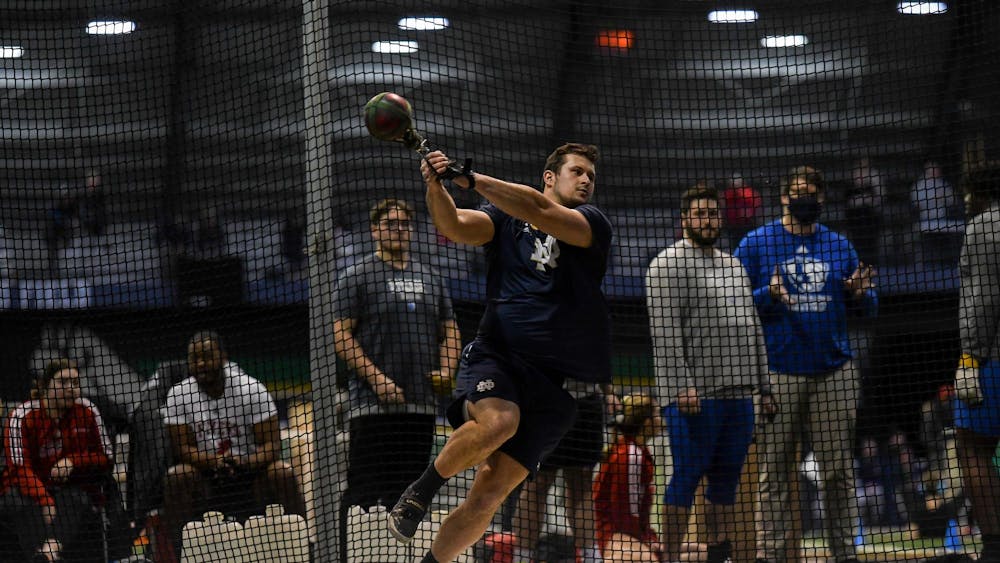League of Legends is a multiple online battle arena game where ... oh hold on, I can hear the haters already.
There is always the tried and true objections: Video games are for nerds. Esports aren’t real sports. Insert your complaint here.
Former ESPN talk-show host Colin Cowherd went as far as to say that he would quit his job if ESPN ever made him talk about esports in any way, shape or form.
While I doubt that many people would quit their jobs to avoid mentioning esports, there is no doubt the overall sentiment towards esports in America is lukewarm — at best.
And it is easy to understand America’s hesitancy to embrace esports. Esports are drastically different than the “traditional” sports we grew up with. They are played while sitting in chairs, and no team members have ever scrambled to see whose mom brought the orange slices to the World of Warcraft game.
Am I saying that esports athletes are athletes in the traditional sense? No. Am I saying that esports should be considered sports in the traditional sense? No, I am not. What I am saying is that we should give esports a chance and to treat esports athletes for who they are: highly talented individuals who are masters of their craft.
As we speak, the world’s most popular esport, League of Legends, is holding its world championships, and I encourage everyone to check it out. All of the games can easily be found on YouTube. Even if you check it out for five minutes and find you don’t like it, at least you can say you tried.
If you get past that initial culture shock, you will find that just like any “traditional” sport, esports require an immense amount of skill, coordination and practice.
A common misconception about esports is anyone can play, but this is simply not true. Just as you need to be a certain height to play in the NBA, you need a certain level of hand-eye coordination and reflexes to be a professional esports athlete.
And just like regular sports natural ability combined with a work ethic makes a professional. Esports requires an insane amount of practice, often even more than some traditional sports. Esports athletes are not kids who game on the weekends for fun. Just like any other athletes, esports athletes devote themselves to their craft, often sacrificing their education and moving in order to further their careers.
A common practice for esports teams is to set up a gaming house where the team eats, sleeps and practices. For high school age esports athletes, a normal day includes school from 8-3 p.m., five hours of practice or scrimmaging with the team and then “solo-que” or individual practice until 3:00 a.m.
Another aspect of esports that makes the phenomenon worth watching is that the gameplay is constantly changing. League of Legends (and most esports) release “patches” periodically where certain aspects of the game are tweaked or changed to make the game more balanced overall. This means that esports teams and players would need to adopt their strategy to fit the new environment.
You may find this practice odd, but imagine if overwhelming aspects of traditional sports, like flopping or Rob Gronkowski, could be eliminated or at least limited. It would at least make the NFL more balanced.
Something that college football fans may find similar with esports is regional power struggles. Just as the SEC has historically dominated the Division I landscape, so too do Korean and Chinese teams for esports. However, spoiler alert, North American and European teams are starting to flip the script at this year’s world championships. So, for North Americans like us, it's an exciting time to be a League of Legends fan.
All this being said, esports are not going away. According to the creator of League of Legends, Riot Games, the game has seen an increase from 32 million to 67 million monthly players from 2012 to 2014. In Korea and other parts of Asia, esports are broadcast on network television and have whole government agencies devoted to their management. In the U.S. and Europe, the spoiled children of billionaires buy football or basketball teams; in China, they buy esports franchises.
Even in North America, League of Legends and esports have picked up considerably in popularity. The 2013 League of Legends world championships sold out the Staples Center in Los Angeles, and Korean stars, such as gamers Impact and Piglet, were signed away by American teams willing to offer more money.
Again, esports are not for everyone, and I understand that. However, the time has to come to stop trivializing esports athletes and their fans as nerds who are too un-athletic to play “real” sports. Esports have a bright future, and it would be wise to at least see what the fuss is about.













